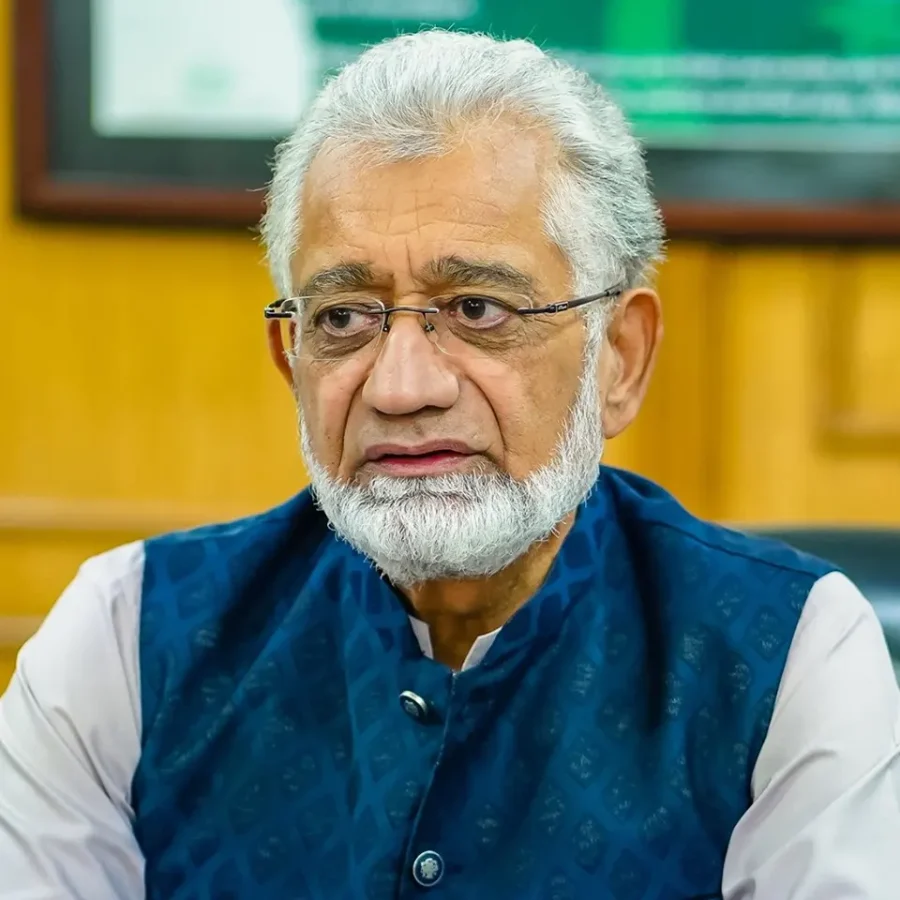Caretaker Provincial Health Minister Dr. Javed Akram paid a detailed visit to the under-construction emergency, trauma centre and cardiac centre of Jinnah Hospital, here on Monday.
Special Secretary Development Specialized Healthcare and Medical Education Department Wajid Ali Shah, Principal Allama Iqbal Medical College Prof Dr. Nadeem Hafeez Butt, MS Jinnah Hospital Dr. Yahya Sultan, Deputy Chief IDAP Omar Bela and other officers were present. The minister said the new emergency, trauma centre and cardiac centre would be developed for convenience of patients coming to Jinnah Hospital Lahore. Due to the increasing population, there was a dire need for expansion of existing public sector hospitals, he added. “Only after increasing the efficiency of government hospitals, we will be able to provide better health facilities to the growing population,” he said. The minister said that improvement of government hospitals was the first priority for the caretaker government, adding that the caretaker chief minister was personally visiting various government hospitals to review the issues. For the past several decades, no attention had been paid to building new large public hospitals across the province including Lahore. The Punjab government was bringing about reforms for improvement of government hospitals, he added.
Moreover, the Agriculture Department has urged farmers not to burn remains of their crops because it not only causes damage to organic matter of the soil but also creates smog during winter. A spokesman for Agriculture (Extension) Department said here on Monday that Pakistan was included among those top 10 countries which were severely affected by climatic changes and environmental pollution. He said that smog was most dangerous kind of pollution, which not only put its bad effects on human beings but also on animals and plants. When farmers burn residue of their crops, it emits various kinds of poisonous gases which cause smog during winter, he said and added that burning crop residue also inflicts irreparable damage to the organic matter of the soil which reduces productivity of crops. He urged farmers to use alternative methods in order to dispose of residue of their crops instead of burning it.
If remains of crops are mixed in the soil, it would increase fertility of the land manifold after decomposition, he added. He said that the government had already prohibited farmers from burning residue of their crops. In this connection, cases would also be registered against those peasants who would be found burning remains of their rice or other crops whereas a heavy fine of Rs. 200,000 could also be imposed on violators, he added.









